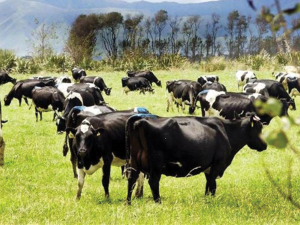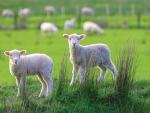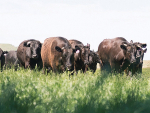New Zealand is closer to eradicating bovine TB than ever before, but possums remain a threat, says Beef + Lamb New Zealand.
The TB Plan Review outlines the next steps, and farmers are encouraged to have their say. B+LNZ recently hosted a webinar to explain the proposal.
With just 15 infected herds remaining, around 0.01% of the national total, the country is on the verge of livestock freedom from TB. This is down from 1500 affected farms in the mid 1990s. But as long as the disease persists in possums, reinfection remains a real risk. The review proposes a stronger focus on possum hot spots to achieve TB freedom in both livestock and possums by 2040.
"This is a critical moment for the sector," says Will Halliday, senior manager technical policy at Beef + Lamb New Zealand.
"We've made huge progress, but we need to finish the job properly and that means tackling the disease where it still hides. While we are now down to a few cases, we are also conscious that this can have a major impact on farmers in an affected region."
The TB Plan is reviewed every 10 years under the Biosecurity Act. This year, an independent Plan Governance Group including Beef + Lamb New Zealand hosted a well-attended webinar. OSPRI, which delivers the TBfree programme, is also running in-person meetings across the country.
"These sessions are a great opportunity for farmers to ask questions and make informed decisions," says Halliday.
Read More:
"It's important that everyone understands what's being proposed and how it affects their business."
Beef + Lamb New Zealand is also encouraging farmers to think about the growing impact of forestry. With more farms being sold to forestry, there is concern about increased pest pressure, especially possums, which thrive in unmanaged forest blocks and could carry TB. The question is whether forestry should also contribute to the cost of TB control.
"Large scale forestry brings risk," Halliday says. "We think it's time to ask whether they should be part of the solution too. Farmers shouldn't carry the burden alone."
Farmers fund the TBfree programme through levies, and their input is vital. The consultation runs through October.
To learn more and make a submission, visit www.tbplanreview.co.nz



















